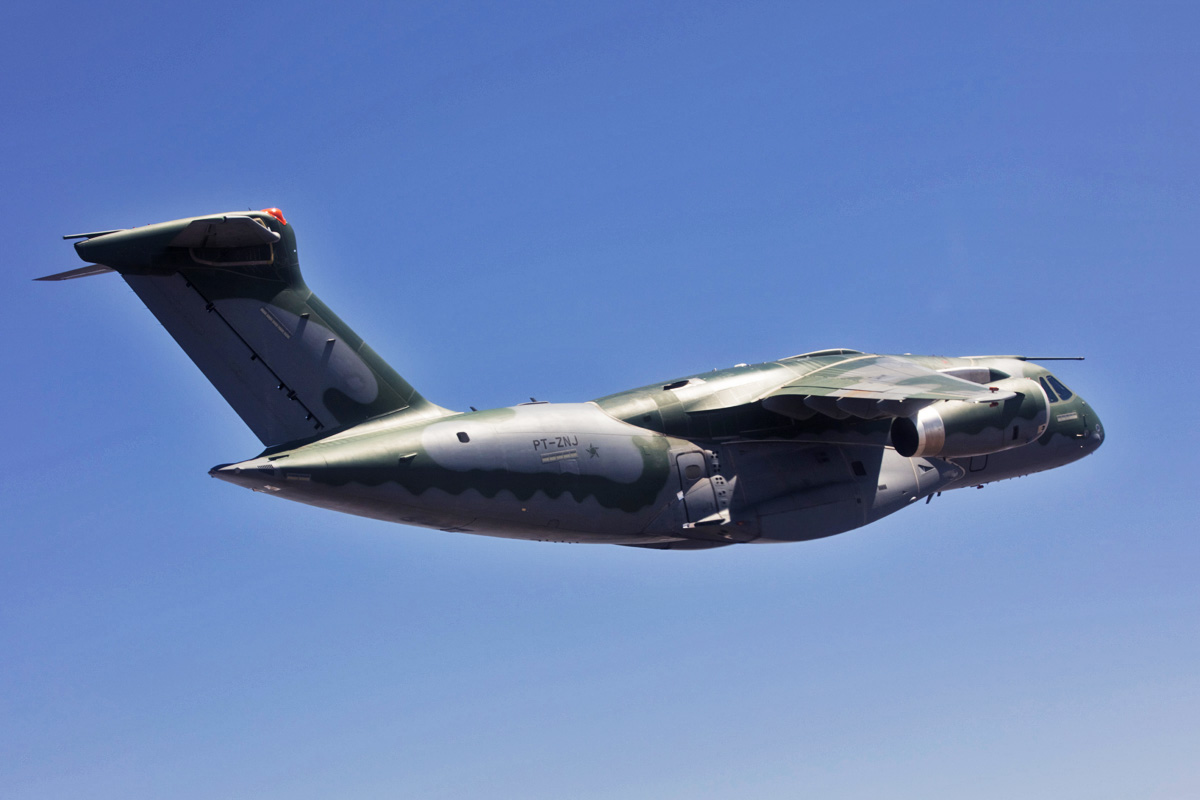The US F-22 and F-35 stealth fighters may not be so unnoticed by China. Scientists in the country said they are developing a new type of tracking system that uses China’s BeiDou navigation satellite system.
In a publication in the Journal of the National University of Defense and Technology of China, the project team released an image of the US Air Force (USAF) Raptor fighter to illustrate what a radar target would be.
The equipment uses a simple antenna, would be cheap and easy to deploy almost anywhere on Earth and would not emit signals that could reveal its location.

To get around a possible BeiDou jamming, the radar would switch frequency bands to use GPS (USA), Galileo (Europe) or GLONASS (Russia).
Will Chinese stealth fighters also become obsolete?
Technologies for identifying aircraft with low radar signature already exist and can be found in China itself. The problem is that they are extremely complex and expensive and, therefore, accessible to few countries.

Regions in the Middle East and Africa have airspace invaded by fighters without being noticed, and could benefit from it and have easier access to the technology.
Using the BeiDou network, the new radar can detect refraction patterns caused by stealth aircraft. These patterns create unique echoes, which could supposedly provide the type and location of the aircraft.
In addition to the BeiDou navigation satellites, China is also developing other methods of detecting invisible aircraft through long-wave signals reflected by the ionosphere, radiation produced by Starlink satellites and even electromagnetic waves emitted by US military bases.

On the other hand, China itself continues to develop stealth aircraft similar to those of the US, such as the massive J-20 fighter and the J-35 naval fighter, not to mention the considered H-20 “flying wing” bomber, which has already been suggested for presentation several times.
It remains to be seen why the Chinese government continues to invest in “stealth” technology while claiming it can make it obsolete.






